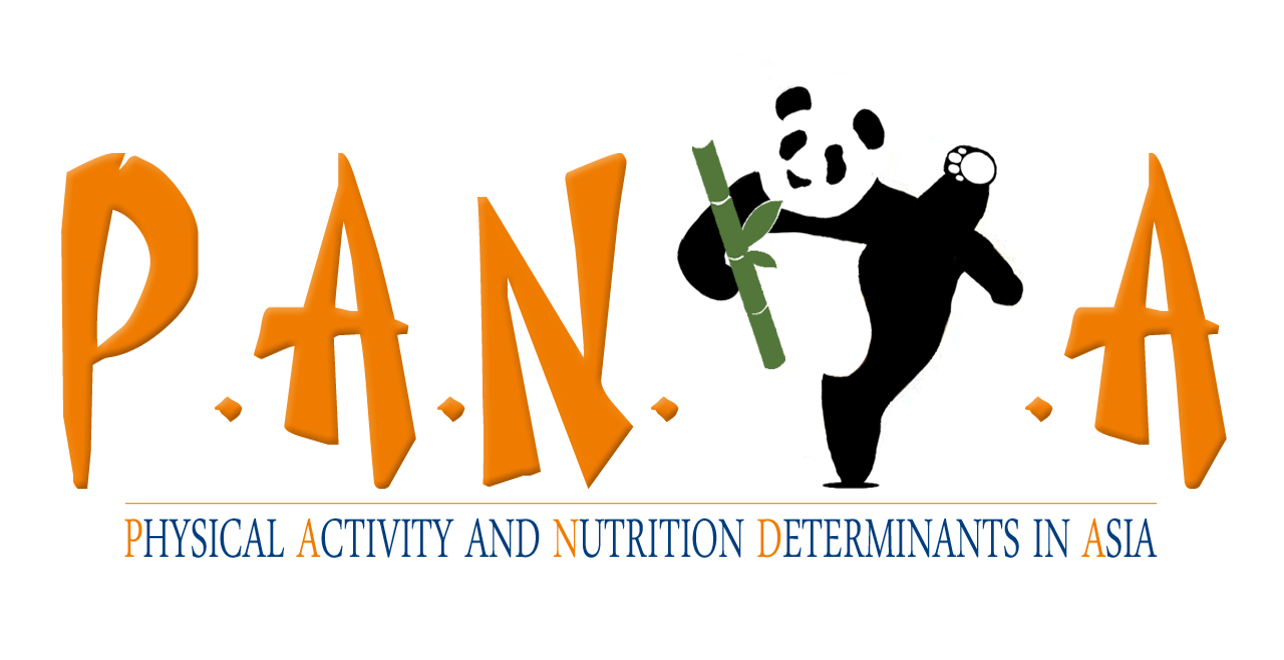Project Title: Benchmarking government policies on food environments related to obesity prevention using the Food-Environment Policy Index – the Singapore arm
Background
The rising prevalence of obesity and cardio metabolic diseases is a now an acknowledged threat to public health. In Singapore the government recently announced a “war on diabetes”. Amongst the modifiable risk factors, dietary behaviors are important determinants, accounting for an estimated 11.3 million deaths and 241.4 million disability adjusted life years globally in 2013. However, improving dietary habits has proven to be challenging in environments where highly palatable, energy-dense, nutrient-poor foods are readily available, inexpensive and aggressively marketed. Such obesogenic food environments have come under scrutiny and more recent work points out the need for food environments to be better characterized, and monitored. Since the rising prevalence of obesity can at least partly be viewed as an unintended consequence of policies favoring free-trade, urbanization and industrialization, its solution partly rests in designing effective counter-strategies. Suggested counter-policy measures include improving the food supply, modifying the food-choice architecture, restricting advertisements to children and imposing taxes on unhealthy foods. Although necessarily diverse, most of these policies are unified in that they need strong governmental leadership to create a regulatory environment where relevant policies can be implemented.
Using the Healthy Food Environment Policy Index (Food-EPI), a tool developed by the International Network for Food and Obesity/NCDs Research, Monitoring and Action Support (INFORMAS) network we will identify strengths and gaps in the food policy space by analyzing the implementation of government policies and actions across 13 action areas related to creating healthier food environments.
Project aims
- To organize a panel of independent, non-government public health experts and NGOs to rate the extent of implementation of policies on food environments by the Singapore government against international best practices
- To have the same panel propose and prioritize concrete policy actions focusing on improving the food environment in Singapore
For more information on the INFORMAS network and their work, please visit here.
Presentation/Publication
- Food-EPI Singapore 2018 Executive Summary
- Food-EPI Singapore 2018 Full Report
- Tay Z, Whitton C, van Dam RM, Chia KS, Swinburn B, Vandevijvere S, Rebello SA. Identifying implementation gaps and priorities for the Singapore government to improve food environment policies: perspectives from a local expert panel. Public Health Nutr. 2020 Oct 13:1-8. doi: 10.1017/S1368980020003468
Last updated Mar 15, 2021
